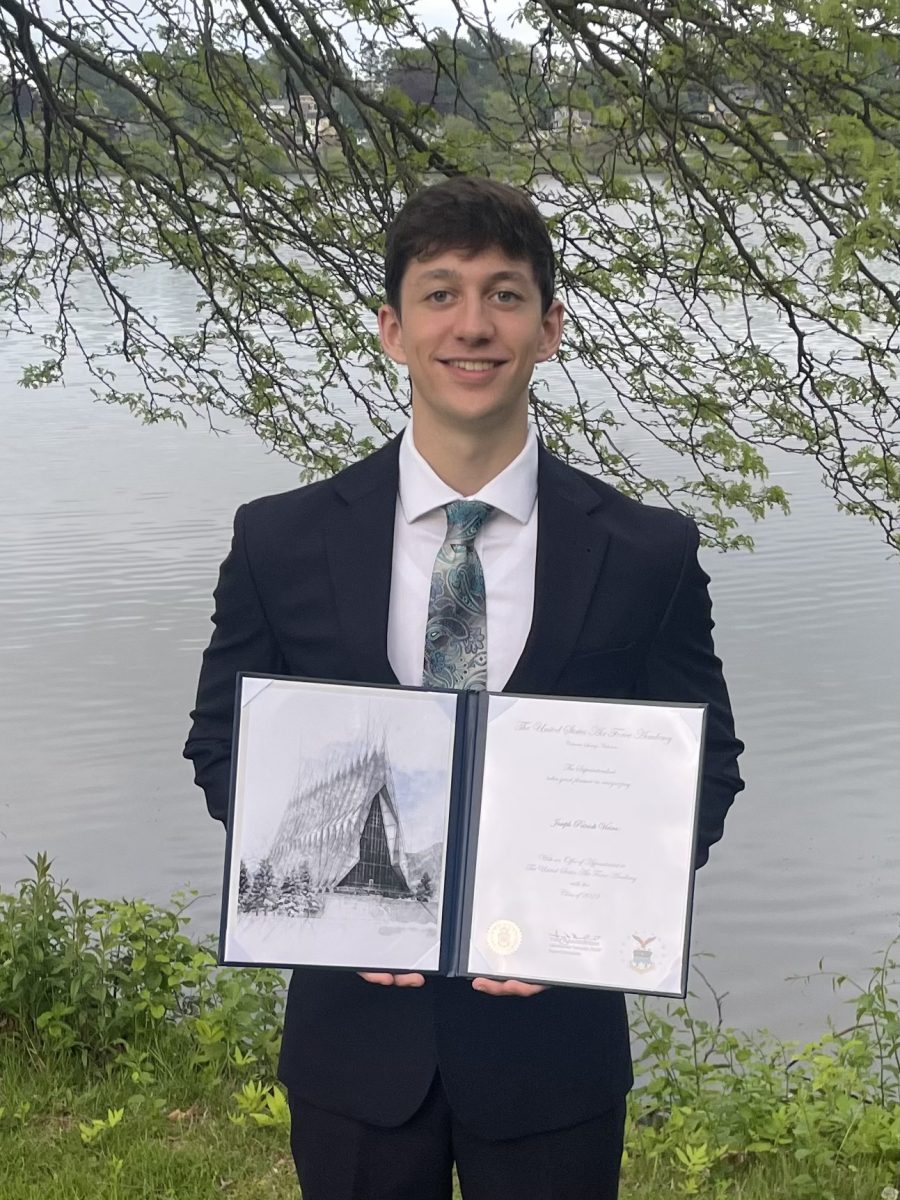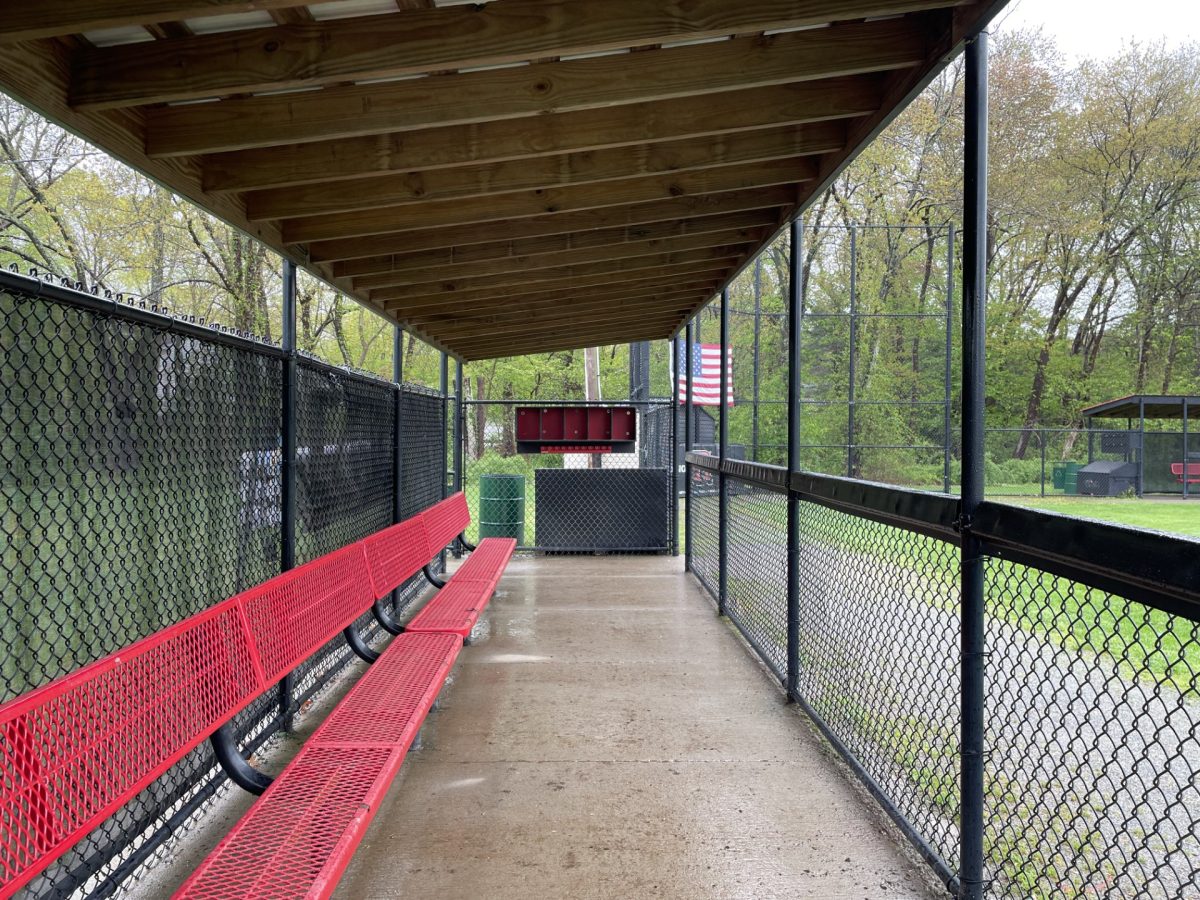As the end of the year approaches, big changes are being discussed within RMHS for the 2024-2025 school year, as administration is considering dropping the double-block for AP science classes as part of an overall reworking of the schedule.
For many years, like thousands of other schools in the US, RMHS has provided AP classes for its students to take advantage of. Among these AP classes are the AP science classes, like physics, biology, and chemistry, just to name a few. What makes these AP classes different from the others at RMHS is that these classes have traditionally been assigned an additional period in a student’s schedule every other day. What this means is that one day a student may have one block of physics, and the next they would have two periods in a row of the same physics class. The reasoning for this extra period has been so that teacher’s can perform labs with their students based on whatever subject they are currently working on.
In light of this potential change, teachers will now have to convert their curriculum into an approximately 37% shorter time period over the course of the school year. What are the downsides to this change? A science department teacher stated that many labs would have to be removed from lesson planning in future years: “The downside is that students will have little to no time for our most rigorous labs. These, among other labs, will have to be cut from the class due to time limitations.”
As the science classes lose a significant amount of time, it brings up the question of whether or not teachers will be able to teach the subject in the new amount of allotted time. “I don’t really know,” responded the teacher. “As it is, this class covers content up until the last week before the AP exam. We also already have to limit our time on the final topics and are pressed for time. So, now, looking at a reduction from 9 classes over 7 days, to 4 classes over 5 days…I do not know how to cut out 40% of the massive curriculum from College Board.”
While elimination of the double block would reduce the amount of time that an RMHS student has dedicated to AP science classes, many other schools have been teaching AP science classes without a double block. Andover and Winchester are just two examples of local high schools that do not employ the double block for AP science classes. In an email, Principal Callanan referred to this reality. “It is common practice in many high schools to teach AP science classes in the regular schedule of the school day / year,” she wrote.
There are advantages to a potential schedule change. In the same email referenced above, Principal Callanan explained how this change could benefit all students: “If double AP science blocks do not continue next year it would be to open schedules up for students to take more classes, especially in junior and senior year. In addition, it would address inequity among staff because all full-time teachers would then have the same number of classes assigned to them. This change would also significantly reduce the number of study halls students are forced to take b/c there are few courses that meet every other day on the flip side of AP science.” Principal Callanan continued, “Students have also weighed in to say that double science blocks makes it hard for them to fit everything they need / want in their schedules. Those applying to top tier universities are striving for up to 8 AP classes on their transcript, and double science blocks reduce courses they can take because they consume a period and a half. In conclusion, this decision is still being weighed but will be finalized by spring break.”
This change in the double-block system may come as a surprise to many, but the school will have to weigh the loss of science instructional time in a collection of classes against greater flexibility across the schedule.






